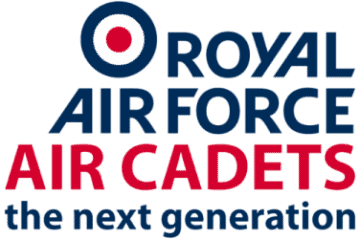_Original Image_m17695.jpg)
The Royal Air Force’s A400M Atlas C Mk1 is continuing to expand its capability with the start of Low-Level Parachute trials.
_____________________________________________________________
_Original Image_m17692.jpg)
The trials have seen the successful completion of several sorties for ‘Mass Para Insertion’ over Salisbury Plain for the first time, working to be ready to take over Low-Level Parachuting capability from the C-130J upon retirement.
_Original Image_m17710.jpg)
The successful initiation of mass low-level parachuting trials on the Atlas represents a major milestone for the Atlas Capability Programme. This significant step is the result of a lot of hard work by the whole team and keeps the Programme on track to transfer low-level and high-altitude parachuting capability from C130J Hercules onto the Atlas next year. Adding both parachuting capabilities to the range of other tactical capabilities that are already in service such as the ability to air-drop supplies, air-to-air refuelling, and landing on natural surfaces, puts the Atlas in a good position to take over from the Hercules in 2023.
Air Commodore Martin
Atlas Programme Senior Responsible Owner
_Original Image_m17705.jpg)
Paratroopers from across 16 Air Assault Brigade Combat Team and 3 Commando Brigade Royal Marines were brought in to participate in the trials.
_Original Image_m17690.jpg)
The speed and reach of deploying by air are the defining characteristics of air manoeuvre forces, and vital to 16 Air Assault Brigade Combat Team’s role as part of UK Defence’s Rapid Reaction Force. Across a wide range of strategic and tactical scenarios, parachuting retains significant relevance for contemporary operations through enabling us to hold the initiative. We can take off from the UK to deliver troops by parachute to where they are needed rapidly, outmanoeuvring the enemy and putting us in position to win the first battle when, where and how we want to fight it. The Atlas has a key role to play in our future, offering a significant boost to our capabilities through its ability to carry more paratroopers over a greater distance.
Major Philpott
Airborne Plans Officer, 16 Air Assault Brigade Combat Team
_Original Image_m17681.jpg)
The trials have been planned and delivered by 206 Squadron the RAF’s Heavy Aircraft Test & Evaluation Squadron and the Joint Air Delivery Test and Evaluation Unit. RAF Despatchers from the Parachute Test Team working on board the 206 Squadron operated aircraft assist the parachutists in the safe fitting and checking of equipment, conducting final checks prior to despatch, and ensuring the safe despatch of parachutists from the aircraft before recovering their static lines.
_Original Image_m17703.jpg)
It's a great experience to get some jumps in and help develop the A400M. It's all been straightforward and familiar - the parachute and all of the procedures inside the plane are the same, and there's more space in the A400M which makes it easier with all the kit we jump with.
Bombardier Murray
7th Parachute Regiment Royal Horse Artillery
_Original Image_m17717.jpg)
Atlas C.1 continues to advance its tactical capability, with Low Level Parachuting soon adding to the platform’s proven capabilities including Natural Surface Operations and Air-drop of light stores, already being used by frontline Atlas squadrons.
Read more about the Atlas aircraft
_____________________________________________________________




